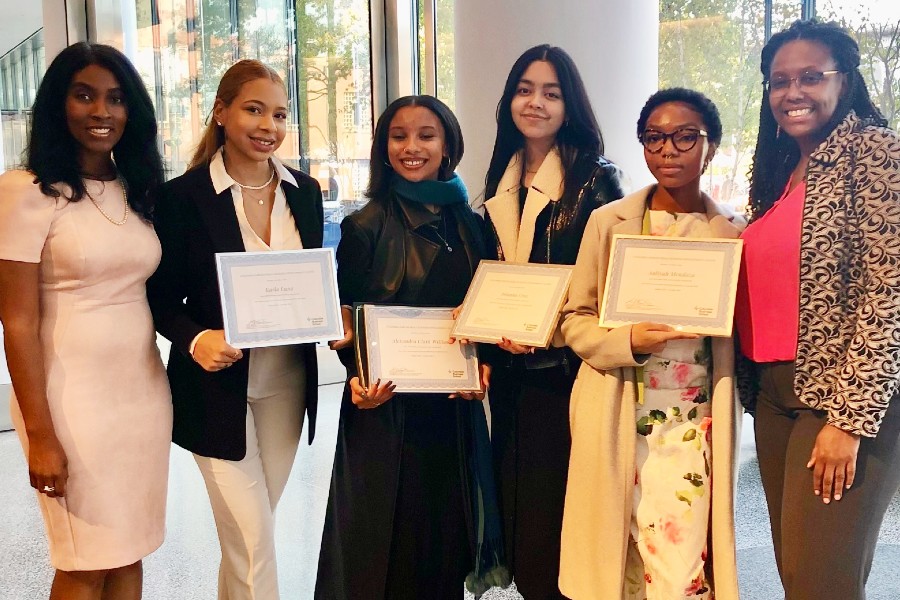 Misinformation is widely circulated around the internet.
Misinformation is widely circulated around the internet.
Since the start of the COVID-19 pandemic, falsehoods about the virus and potential vaccines have populated social media platforms like YouTube on a regular basis.
Now, a new study conducted by researchers from the University of California at Davis found that social media sites that call out misinformation about vaccines and provide a credible fact-check are most likely to positively influence consumers’ attitudes about vaccines.
“What approaches are most effective at targeting vaccine misinformation on social media among users unlikely to visit fact-checking websites or engage with thorough corrections?” said the researchers wrote. “This project shows that seeing a fact-checking label immediately below a misinformation post can make viewers more favorable toward vaccines.”
Setting the record straight
To see how effective fact-checking messages are at changing consumers’ attitudes about vaccines, the researchers showed nearly 1,200 participants various vaccine-related posts that contained misinformation and were flagged with different styles of fact-checking.
The study revealed that posts containing fact-check tags right beneath them had a positive impact on consumers in terms of vaccine hesitancy.
Prior to this study, all of the participants had reported some level of skepticism about vaccines in general.
However, seeing the fact-check directly underneath a post was an effective way for the participants to develop more positive attitudes about vaccines.
The team found that the source of the fact-check also played a role. Participants who deemed the source of a fact check as the most knowledgeable were more likely to experience the greatest shift in their perceptions.
“In fact, fact-checking labels from health institutions and research universities were seen as more ‘expert’ than others, indirectly resulting in more positive attitudes toward vaccines,” said researcher Jingwen Zhang.
Sharing facts on social media
The goal of this study was to highlight the ways that misinformation permeates social media and to discover effective ways that fact-checking can be utilized to most benefit consumers.
“Because both individuals and groups can post misinformation, such as false claims about vaccines, social media have played a role in spreading misinformation,” Zhang said.
As consumers across the country continue to get vaccinated for COVID-19, it’s more important than ever that they have all the facts reports Consumer Affairs.
Moving forward, the researchers hope that more progress can be done in this area to ensure that any and all misinformation is flagged and fact-checked.
“The most important thing I learned from this paper is that fact-checking is effective…giving people a simple label can change their attitude,” said Zhang. “Secondly, I am calling for more researchers and scientists to engage in public health and science communications. We need to be more proactive. We are not using our power right now.”
Become a Harlem Insider!
By submitting this form, you are consenting to receive marketing emails from: Harlem World Magazine, 2521 1/2 west 42nd street, Los Angeles, CA, 90008, https://www.harlemworldmagazine.com. You can revoke your consent to receive emails at any time by using the SafeUnsubscribe® link, found at the bottom of every email. Emails are serviced by Constant Contact








